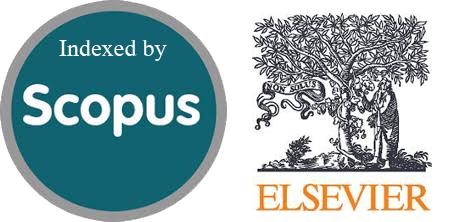Solvent Role in Organic Chemistry in Comparison with Organic Synthesis under Solvent-Free Condition (Green Chemistry): A Mini Literature Review
DOI:
https://doi.org/10.54133/ajms.v3i.94Keywords:
Organic synthesis, Green chemistry, Purification, Solvent-free reactionAbstract
Solvents are important components in the pharmaceutical and chemical industries, and they are increasingly being used in catalytic reactions. It is having a significant influence on the kinetics and thermodynamics of reactions, and it can significantly change product selectivity. Solvents can influence product selectivity, conversion rates, and reaction rates. However, solvents have received a lot of attention in the field of green chemistry. This is due to the large amount of solvent that is frequently used in a process or formulation, particularly during the purification steps. However, neither the solvent nor the active ingredient in a formulation is directly responsible for the reaction product's composition. Because these characteristics have little bearing on how well or quickly the system in which the solvent is applied works, it appears unnecessary to use toxic, combustible, or environmentally hazardous solvents. However, the beneficial properties of the solvent required for the application are strongly linked to these unfortunate side effects of solvent use. Distillation can be used to recover and purify solvents because they are volatile. However, this process can produce unwanted air pollutants and be hazardous to workers during exposure.
.
Downloads
Downloads
Published
How to Cite
Issue
Section
License
Copyright (c) 2022 Al-Rafidain Journal of Medical Sciences ( ISSN: 2789-3219 )

This work is licensed under a Creative Commons Attribution-NonCommercial-ShareAlike 4.0 International License.
Published by Al-Rafidain University College. This is an open access journal issued under the CC BY-NC-SA 4.0 license (https://creativecommons.org/licenses/by-nc-sa/4.0/).











